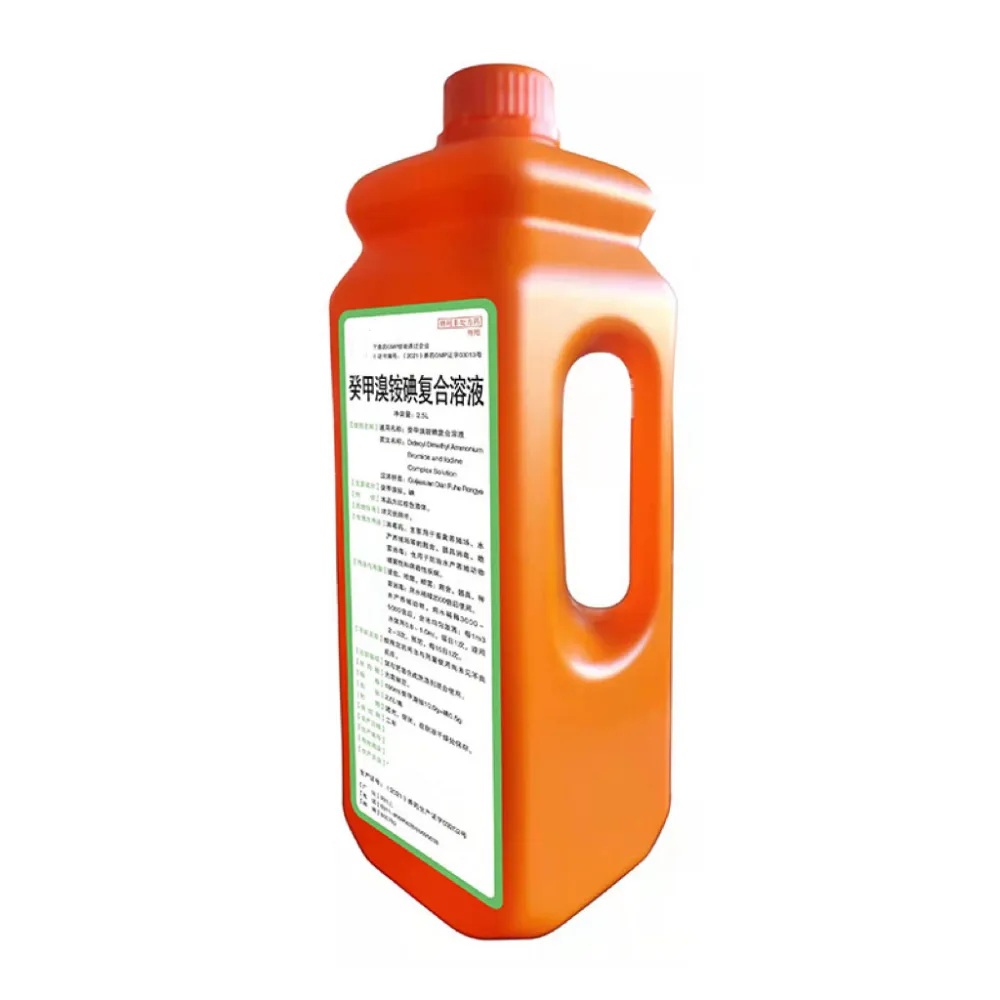- Afrikaans
- Albanian
- Amharic
- Arabic
- Armenian
- Azerbaijani
- Basque
- Belarusian
- Bengali
- Bosnian
- Bulgarian
- Catalan
- Cebuano
- Corsican
- Croatian
- Czech
- Danish
- Dutch
- English
- Esperanto
- Estonian
- Finnish
- French
- Frisian
- Galician
- Georgian
- German
- Greek
- Gujarati
- Haitian Creole
- hausa
- hawaiian
- Hebrew
- Hindi
- Miao
- Hungarian
- Icelandic
- igbo
- Indonesian
- irish
- Italian
- Japanese
- Javanese
- Kannada
- kazakh
- Khmer
- Rwandese
- Korean
- Kurdish
- Kyrgyz
- Lao
- Latin
- Latvian
- Lithuanian
- Luxembourgish
- Macedonian
- Malgashi
- Malay
- Malayalam
- Maltese
- Maori
- Marathi
- Mongolian
- Myanmar
- Nepali
- Norwegian
- Norwegian
- Occitan
- Pashto
- Persian
- Polish
- Portuguese
- Punjabi
- Romanian
- Russian
- Samoan
- Scottish Gaelic
- Serbian
- Sesotho
- Shona
- Sindhi
- Sinhala
- Slovak
- Slovenian
- Somali
- Spanish
- Sundanese
- Swahili
- Swedish
- Tagalog
- Tajik
- Tamil
- Tatar
- Telugu
- Thai
- Turkish
- Turkmen
- Ukrainian
- Urdu
- Uighur
- Uzbek
- Vietnamese
- Welsh
- Bantu
- Yiddish
- Yoruba
- Zulu
8 月 . 11, 2024 11:54 Back to list
Calcium Powder for Veterinary Use Enhancing Animal Health and Nutrition Through Supplementation Solutions
The Role of Calcium Powder in Veterinary Medicine
Calcium is an essential mineral that plays a critical role in various physiological functions, not only in humans but also in animals. In veterinary medicine, calcium powder is frequently utilized as a dietary supplement to address specific health concerns and ensure optimal growth and development in pets and livestock. This article explores the significance of calcium powder for veterinary use, its applications, and the importance of proper management of calcium levels in animal diets.
Importance of Calcium in Animal Health
Calcium is vital for numerous biological functions in animals. It is primarily known for its role in bone formation and maintenance, as it constitutes a significant part of the skeletal system. Adequate calcium levels are crucial for developing strong bones and preventing conditions such as rickets in young animals and osteomalacia in adults. Furthermore, calcium is involved in muscle contraction, blood clotting, nerve transmission, and the activation of certain enzymes.
Applications of Calcium Powder in Veterinary Medicine
Calcium powder is utilized in a range of veterinary applications. One of the primary uses is in the dietary management of lactating animals, such as dairy cows. During lactation, cows experience a significant demand for calcium, which is vital for milk production. Insufficient calcium intake can lead to milk fever, a serious condition characterized by low blood calcium levels. To prevent this, veterinarians often recommend calcium powder as a supplement to ensure that these animals receive adequate levels of the mineral.
calcium powder for veterinary

In addition to dairy cattle, calcium powder is beneficial for other livestock, including goats and sheep, especially during pregnancy and lactation periods when their calcium requirements spike. For small animals and pets, calcium supplements can help prevent the risk of metabolic bone disease, particularly in reptiles, rodents, and dogs. This is particularly important for breeds predisposed to bone issues, such as Great Danes and other large breeds.
Proper Management of Calcium Levels
While calcium is essential, it is equally important to manage its levels carefully. Both calcium deficiency and excess can lead to health problems. For instance, too much calcium can result in conditions such as hypercalcemia, leading to organ damage and impaired neurological function. Moreover, an imbalance in calcium and phosphorus levels can disrupt the skeletal development and function.
Veterinarians often recommend a balanced diet that meets the specific nutritional needs of the animal. This may include fortified feed or specialized diets that consider the calcium-to-phosphorus ratio. Regular monitoring of calcium levels through dietary assessments or blood tests can facilitate proper management, ensuring that animals receive the right amount of calcium without exceeding safe thresholds.
Conclusion
In summary, calcium powder is a vital component in veterinary medicine that supports the health and well-being of various animal species. Its applications range from preventing nutritional deficiencies in livestock to enhancing the health of pets. However, the importance of proper management of calcium intake cannot be overstated. Veterinarians play a critical role in educating pet owners and farmers about the importance of calcium, helping to implement appropriate dietary strategies to enhance animal health and productivity. By utilizing calcium powder responsibly, we can ensure that animals lead healthy lives, ultimately benefiting both the animals and their caretakers.
-
The Power of Radix Isatidis Extract for Your Health and Wellness
NewsOct.29,2024
-
Neomycin Sulfate Soluble Powder: A Versatile Solution for Pet Health
NewsOct.29,2024
-
Lincomycin Hydrochloride Soluble Powder – The Essential Solution
NewsOct.29,2024
-
Garamycin Gentamicin Sulfate for Effective Infection Control
NewsOct.29,2024
-
Doxycycline Hyclate Soluble Powder: Your Antibiotic Needs
NewsOct.29,2024
-
Tilmicosin Premix: The Ultimate Solution for Poultry Health
NewsOct.29,2024













